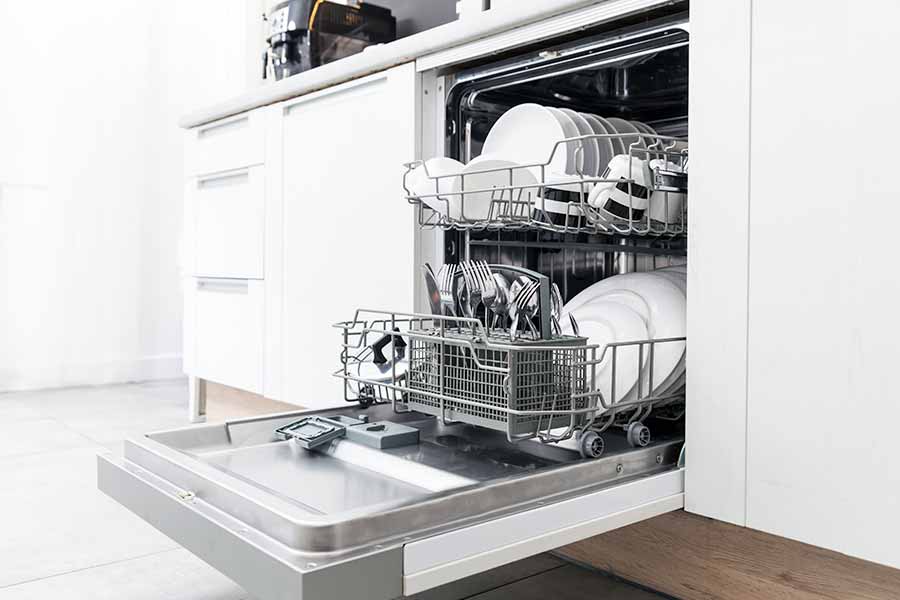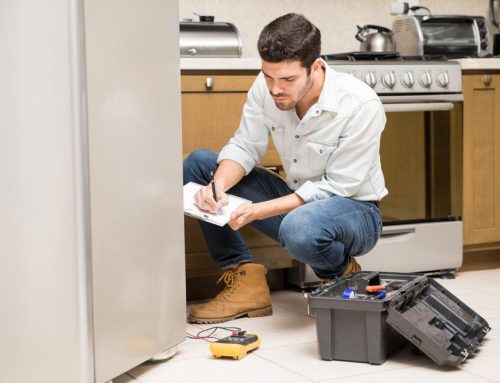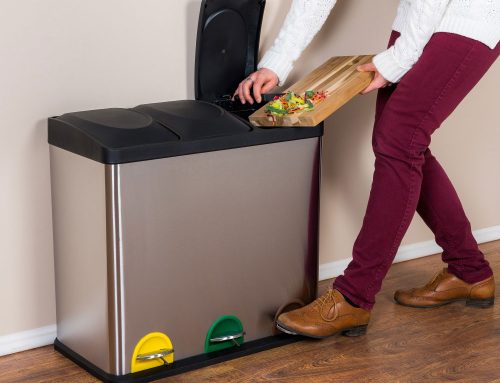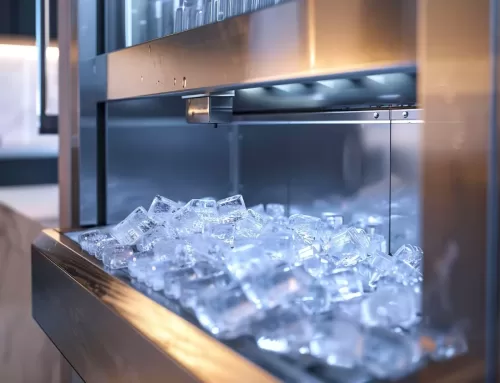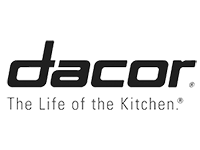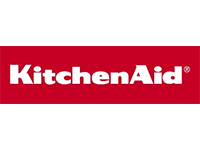A dishwasher brings a great deal of convenience to your household. Compared to handwashing, the dishwasher combines heat, water, and detergent to clean, rinse and dry the dishes, making it a time-saver that complements your busy schedule. Unfortunately, while we want our dishwashers to last forever, they eventually break down. From insufficiently cleaned drinking glasses to long wash cycles and loading problems, various issues affect the quality of service you expect from your dishwasher.
A damaged dishwasher will ruin your experience in your kitchen. Improper care can lead to common dishwasher problems, including inadequate dish cleaning, damage to your dishes, or worse fire outbreak. Understanding how your dishwasher works are important when diagnosing common problems. This guide will discuss common dishwasher issues and find a quick fix to prevent further damage.
Why Your Dishwasher Is Not Washing Well

Malfunctioned parts
The main reason the dishwasher is underperforming arises when some dishwasher parts are not functioning as they should. Luckily, simple DIY tips can help rectify the problem. The following home appliance repair tips will help you change how you place the dishes in the washer, the detergent type, and the cleaning method, enhancing the overall performance. Here are the common dishwasher problems, their causes, and their solution.
Loading problem
It can be frustrating when you notice that your dishwasher is not cleaning the dishes well. Various factors lead to this problem. First, overloading the dishwasher may leave insufficient room for the dishwasher to clean the dishwasher. Another common problem is the incorrect use of the dish rack, preventing the water and soap from getting to the dishes in the machine. When you find that the dishes on the top rack are not cleaned sufficiently, check the spraying arms and ensure nothing is obstructing them.
Another solution is to follow the manufacturer’s instructions when loading the dishes. Do not place too many dishes in the dishwasher, and ensure enough room for all the dishes to get enough soap, water, and air. Place the big cookware on the lowest rack while the small glass items are on the top. You can also place the medium glassware on the middle rack to prevent them from moving during the wash. Additionally, inspect the spraying arms for clogs before starting the washing cycle.
Food remnants in the dishwasher
Lack of regular cleaning may lead to food particle remnants inside the dishwasher. The accumulation of these remnants leads to mold and mildew growth. The mildew growth often blocks the filters and arm filters, leading to washing problems. The solution to this is following the manufacturer’s maintenance tips. You need to do a deep cleaning at least once a month to remove the residues and prevent mildew growth. Deep clean the spraying arms, filters, and tubes with warm soapy water with a sponge. Detach the filters by turning them anticlockwise and put them back by turning them clockwise after cleaning. Use a steel needle to remove the clogs from spraying arms. Avoid using a wooden toothpick since the tips will likely break and clog the nozzles. When cleaning the tube, empty the washer and add white vinegar to a container placed inside the top rack. Start the automatic run cycle with lukewarm water and allow it to complete the auto wash before starting the repeat cycle.
Detergent use problem
Detergent plays a crucial role when it comes to washing your dishware. Incorrect use of detergents can affect the functioning of your washer, causing it to leave an oily residue on the dishware. Broken or faulty dispense can also lead to uneven soap spreading, leading to inefficient cleaning. It is important to get the right quantity and quality of the detergent. Using too small a detergent quantity means it is insufficient to clean the dishes.
On the other hand, putting too much detergent can lead to remnants of the detergents on the dishes. Next, ensure that you use good quality detergent. Get a detergent that is capable of removing grease in oily dishes. You also need to store your detergent properly in a cool place with no moisture.
Water allotment problem
Water Allotment is another issue that prevents the dishware from getting sufficient water when cleaning. The correct amount of water is crucial to ensure efficient rinsing off the dirt and soap. Each operation in the washer requires a specific amount of water pressure. Low or exceeding pressure can lead to problems when cleaning the dishware. Low pressure forces the valves to stay closed, while the excess pressure may rinse off the soap before cleaning starts. You can do little when it comes to water pressure. However, you can schedule an appointment with an appliance repair technician. The technician will examine the water pressure in your kitchen and check for damage to the valves. If you find that the valves are damaged, call a professional to repair them. You can also check the water temperature and spraying arms to ensure that they are working correctly.
Conclusion
A faulty dishwasher can lead to many inconveniences, especially when you are unsure of the problem. Since most issues arise due to wear and tear, regular checkups of the dishwasher will allow you to catch the problem before it worsens. The above tips will help do minor repairs and general maintenance that ensures that your machine runs smoothly.
However, should you find that any part of the dishwasher is damaged, you should call a professional to do the repairs. Appliance Cowboys technicians have the right tools and are knowledgeable on all brands, allowing them to provide a quick fix for the problem. Get in touch with us today to schedule an appointment, and our technicians will be right there with you.

